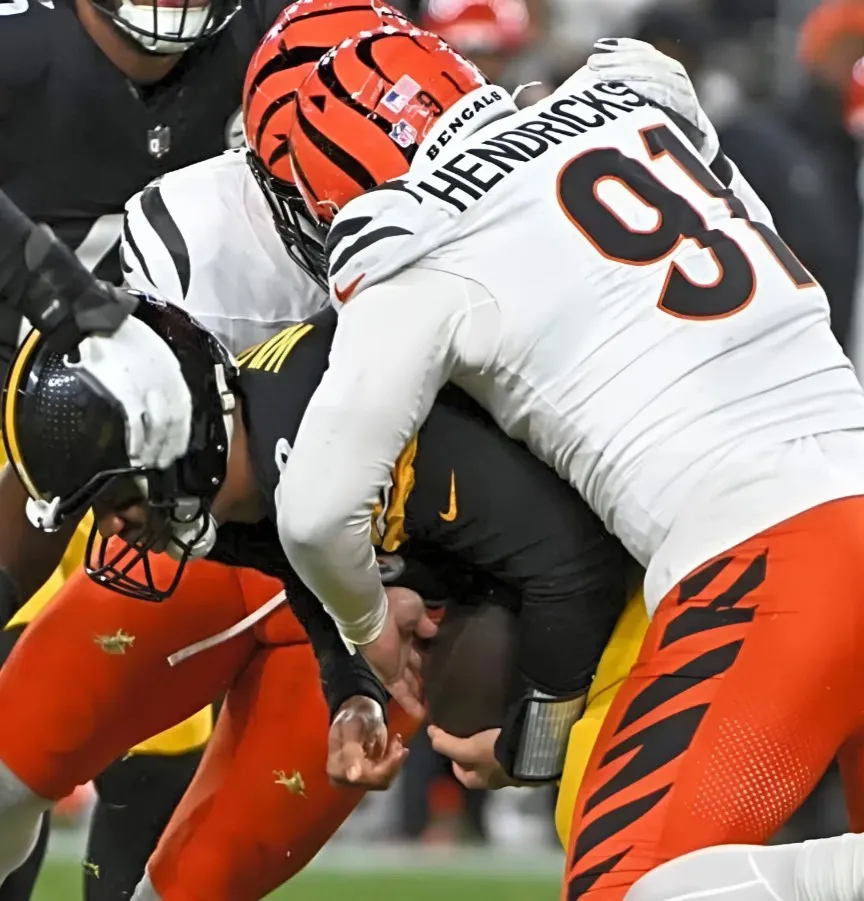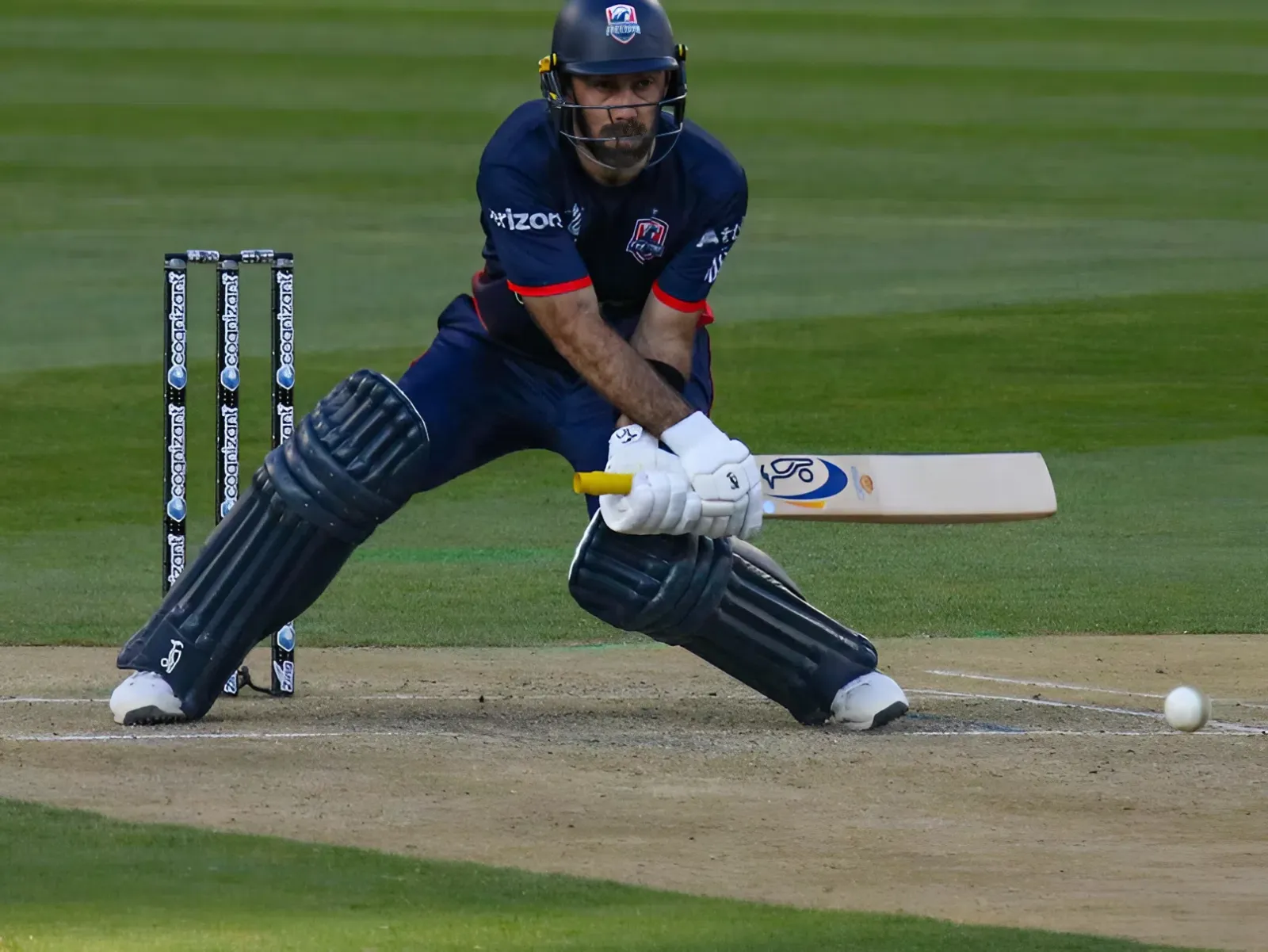After reaching the Stanley Cup Playoffs last season, a large part of a successful 2025-26 for the Montreal Canadiens would be making them again. It’s no stretch to suggest a failure to would make the season itself an overall failure as well. So, how do they get there? Here are the five keys to a successful playoff finish for the Habs:

5. Trade Price’s Contract
In an ideal world, the Canadiens wouldn’t just put goalie Carey Price’s $10.5 million on long-term injured reserve, to which they’ve grown accustomed over the last few years. They would trade it outright, as then they’d be (far) less likely to have to deal with overage penalties when their young players trigger performance bonuses.
The threat of overage penalties on a team rife with entry-level deals and bonuses to be paid out to the likes of Lane Hutson and Ivan Demidov (for two examples) theoretically handcuffs general manager Kent Hughes, were he to want to acquire a big name. The good news is, Price is entering the last year of his deal.
Once the Canadiens pay Price his $5.5 million performance bonus on Sep. 1, he’ll only be owed $2 million as a base salary this coming season. That makes it an attractive contract to take on in theory for teams looking to stay over the cap floor.
All that having been said, trading Price is more so a luxury than must-have. It looks like the Canadiens will be more competitive, even if they put him on LTIR like they have each year since he unofficially retired. So, hope for but don’t necessarily count on it happening. There are more direct routes the Habs can take to ensure a successful 2025-26, rather than the indirect benefits to be had from trading the guy.
4. Put Demidov in Position to Succeed
The Canadiens should scare the rest of the league for two primary reasons.
- They accomplished what they did as the youngest team in the NHL.
- They accomplished what they did without a working second line.
Imagine then what a full season of projected-Calder Memorial Trophy-candidate Ivan Demidov, who initially arrived with just two games remaining last April, could do. As someone who’s anticipated to anchor that second line (at least to start before eventually moving up to Line 1, one would think), he has the power to turn the Canadiens into an extremely dangerous team in 2025-26, when, in 2024-25, the second line mainly constituted a Dr. Frankenstein-esque experiment to get Patrik Laine going at even strength. While that’s dismissive of Laine’s significant contributions on the power play, the fact remains: Demidov is a safe bet to give opposing teams headaches as they determine who to match up against him and the first line of Nick Suzuki, Cole Caufield and Juraj Slafkovsky.
To be clear, the Canadiens showed they could find success without a consistent second line last season. So, they don’t absolutely need Demidov to break out, but it would go a long way to securing a playoff spot if they did… and his development as a potential superstar definitely benefits if they put him in the best position to succeed. They benefit too, both in the future and right now.
3. Mitigate Departures of Armia, Dvorak, and Savard on Penalty Kill
The power play is far from a concern, especially with Demidov’s arrival and the Canadiens having the luxury of making it Laine’s primary focus. The same can’t be said for the penalty kill, following the retirement of defenseman David Savard and departures via free agency of Joel Armia and Christian Dvorak. The Habs will have to find suitable internal replacements, because, if not, the results could be disastrous.
The reason why this isn’t higher on the list is simple. While Savard played a second-ranked 3:12 per game on the penalty kill and Armia (2:32) and Dvorak (2:15) helped round out the top five, those minutes were small percentages of how much they played overall.
At the end of the day, the Canadiens are a better team with an in-his-prime Noah Dobson on the right side on defense instead of Savard. It was also in the best interest of the team to move on up front from both Armia, who had gotten demoted to the American Hockey League to start 2023-24, and Dvorak, who, despite having been acquired to be the team’s No. 2 centre once upon a time, only scored 103 points in 232 games with the Habs. They each nonetheless contributed significantly while down a man, but none of the three were what you would call complete hockey players, giving the Habs more so an opportunity to improve as a whole here.
They just need to find the best players to step up, like Josh Anderson (1:45) and Alexandre Carrier (1:38) who are easy targets for more shorthanded ice time. Ditto for Arber Xhekaj (0:54), who is in line for more of a regular role after helping to shift the tide against the Washington Capitals in Round 1 with his physicality. A potential rookie like Owen Beck, who projects as a bottom-six forward, is also a logical candidate to close the gap. These are mere suggestions, but they at least hint at the team’s capacity to replace the outgoing players without issue.
2. Balance Playing Time Between Montembeault and Dobes
Sam Montembeault is almost certainly the team’s No. 1 after ranking fifth in the league in goals saved above expected, per MoneyPuck.com. That shouldn’t mean simply giving him the proverbial keys to the kingdom and running him into the ground like the organization was guilty of doing to Price above once upon a time.
If anything, the stats say it makes sense to rest Montembeault, while also committing ice time to presumed-backup Jakub Dobes’ ongoing development. While the former ended 2024-25 with a 31-24-7 record, 2.82 goals-against average and .902 save percentage, he has the potential to be much better, as evidenced by how he played when the team came out of the 4 Nations Face-Off break.
Montembeault started the team’s first three games, winning each of them with a .932 save percentage. After Dobes got a start (a win), Montembeault played two straight, going 1-0-1 (.912). They gave Dobes two of the next three starts, which he lost, almost prompting the Habs to lean heavily on their starter. They then gave Montembeault five straight games, during which he went 2-1-2 with a .879 SV%.
It’s easy enough to draw the logical conclusion that Montembeault cannot play well all the time, especially if you’re playing him all the damn time. While he has admirably risen his stock significantly over the last few seasons, since being claimed off waivers as a third-string goalie in 2021, he also had not played more than 50 games in any one professional season prior to getting 62 in 2024-25.
Simply put, if you want to get the best out of him and Dobes, you need to approach this as more of a 1A, 1B situation. You may not win every game, but you’ll arguably stand a better chance of doing so, especially in the long run, if your starter isn’t at constant risk of overextending himself.
1. Stay as Healthy as Possible
Making the playoffs again is obviously not a case of simply doing nothing for the Canadiens. There’s much more to it than that. However, there is little disputing how on paper the 2025-26 team is significantly stronger than the one that just shocked the hockey world by sneaking in on Game 82.
So, as long as everything plays out as it for all intents and purposes should, just sneaking in is no longer going to be the goal. It’s not a given, by any stretch, but it is expected, to the point the only thing that could realistically get in the way of a playoff finish is injuries.
There’s probably at least some small correlation between the Canadiens literally setting records for man-games lost in 2021-22 and 2022-23, when they finished last and fifth from last respectively. The situation got slightly better in 2023-24, when they also finished fifth from last, but with more of a positive outlook for the future, and justifiably so based on the playoff finish in 2024-2025, when they finished with the sixth-fewest games missed. If they can get a similar amount of luck on the injury front, their true skill should shine through to the point they won’t need any other kind. In other words, they’ll be all right, as long as they stay all right.
-1750483376-q80.webp)


